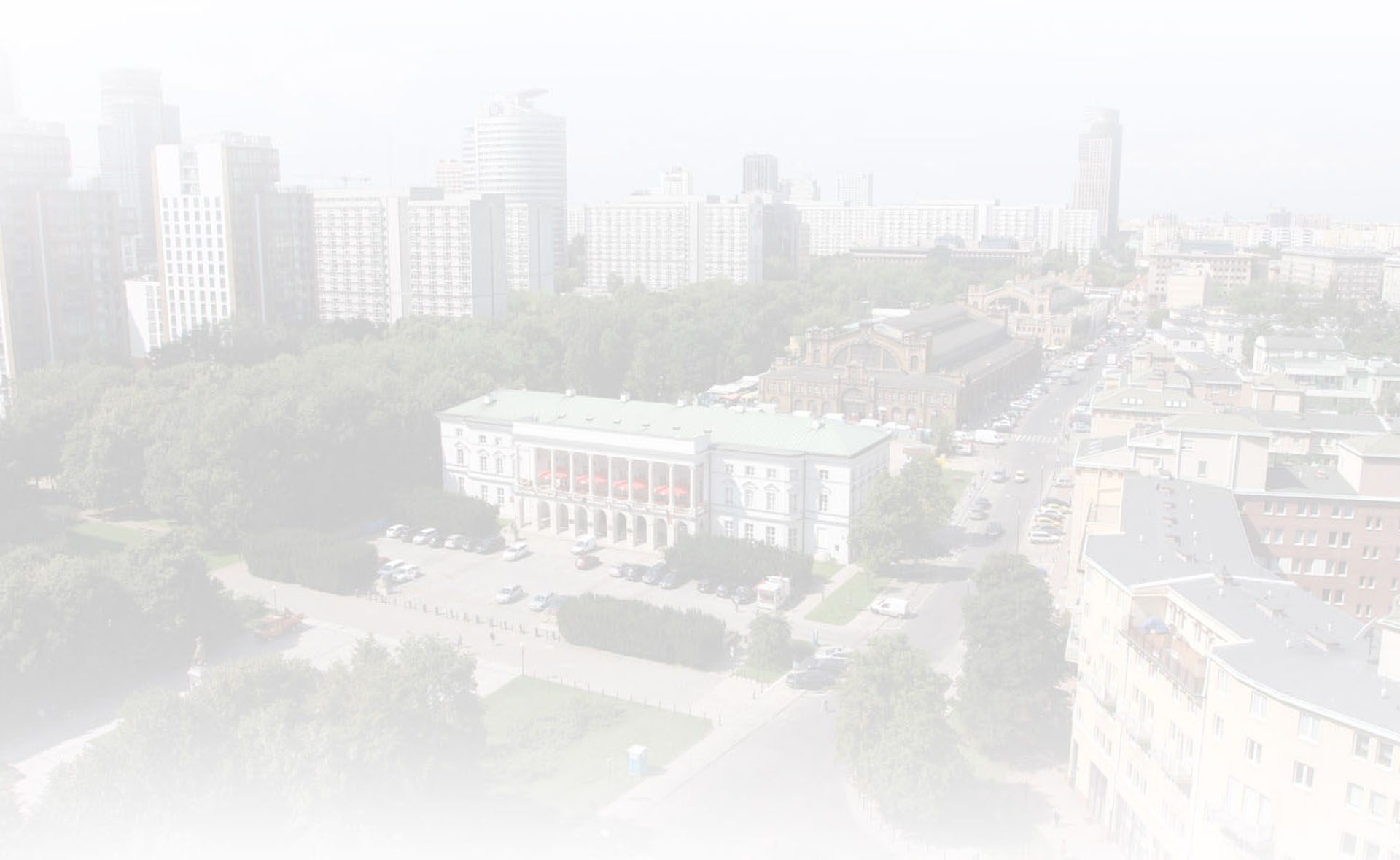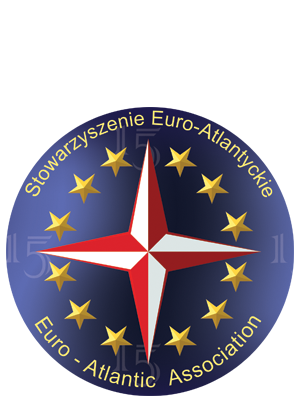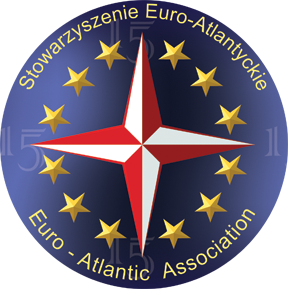
Publications
The Euro-Atlantic Association is a partner organization in a project entitled „Strengthening Public Diplomacy in Central Europe“. The project is supported by the National Endowment for Democracy and is coordinated by Globsec. The project is implemented by the following think tanks from the V4 countries Globsec, Political Capital, Prague Security Studies Institute and the Euro-Atlantic Association.
MONITORING OF FACEBOOK OUTLETS BEFORE THE ELECTIONS TO THE EUROPEAN PARLIAMENT
METHODOLOGY
Data were collected between 10.4.2019 and 29.5.2019 from 15 relevant Facebook pages in each V4 country based on the following criteria: local experts and publicly available sources (such as blbec.online) identified Facebook channels that often publish disinformation content. In the selection of Facebook pages, those openly affiliated with a specific political party were omitted, including the Facebook pages of individual candidates. The data were filtered using different forms of the term “election” in local languages and the term “euro”, and then labelled based on the sentiment toward relevant political parties and the most prevalent narratives identified.
EXECUTIVE SUMMARY
The main finding of this research is related to an observed tactical change in information operations on the monitored channels in the V4 states. Although disinformation content still plays a non-negligible role in the region, the general trend is a shift to a new technique—the deployment and amplification of divisive narratives. Such narratives framing “migration as an existential threat to Europe” and depicting the EU through the lens of a “Brussels dictate” directly support the agendas and worldview of many extremist political parties in the region. Their interests are thus promoted without having to explicitly mention them. The same applies to direct foreign interference in the pre-election debate on social media. Instead of using foreign state propaganda and obvious disinformation, a more subtle approach is being used. Narratives such as a weak EU, restrictions of freedoms, nations and traditional values under threat, etc. are created, nurtured and amplified in line with the strategic interests of hostile state actors.
The method of narrative amplification consists of choosing a divisive subject and selectively framing the facts around it within a constant stream of one-sided posts to suggest an alarming development that is allegedly deliberately being overlooked by mainstream media. In this manner, the narrative of “migration as a threat” has played a dominant role across the V4 region, with the sole exception of Poland. This narrative was promoted by selective reporting of alleged criminal acts carried out by migrants of African or Arab origin or simply of a different skin colour. The inflammatory posts then generalise this individual behaviour to apply a characteristic of “natural criminality” to whole populations. This tactic is very effective because it does not represent a clear-cut disinformation practise that can be easily disproven.
Full report: European Elections in the V4. From disinformation campaigns to narrative amplification





